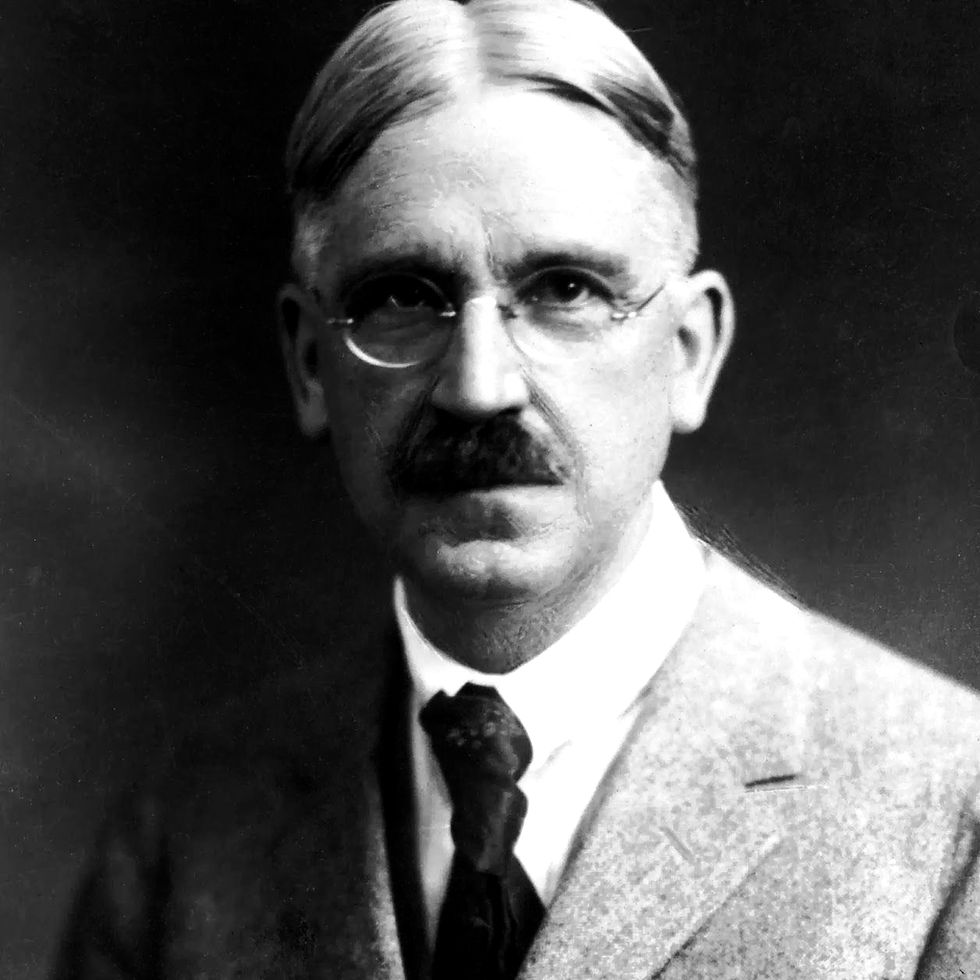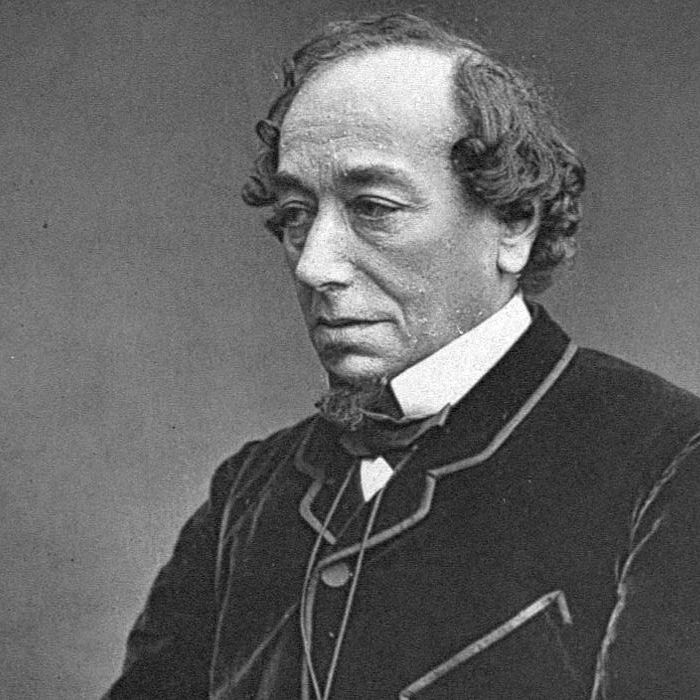Planning: Lessons
- personal995
- Jun 17, 2024
- 8 min read
Updated: Jan 1
Lessons
Cautionary Lessons
Purpose
Planning: Lessons is a section of Planning.
This page and section exists to assist you to continually learn from those who have come before us.
Many wise humans have come before us. There is no need to relive all their lessons yourself.
Introduction
No one, knows everything. We all make mistakes. We are never correct the first time, every time. What was correct yesterday, can often be wrong tomorrow. Continual learning is the only way to progress.
STRATEGY OF ONE does not have all the answers, but it can help minimise missteps. These Lessons are actions, principles, rules of thumb, cautions and cognitive frameworks you can use to help avoid traps and build momentum through each stage of life.
Continually review and take what you need. Absorb the Lessons that align with your Goals, and make them a part of your internal 'operating system'.
Each Lesson has accompanying quotes from great minds that can help us symbolise and remember the Lesson. That way we can more easily draw it from our memory as required.
The portrait that partners each quote is aimed to make you feel accountable. The individual lived, experience and made the effort to share the quote you are benefitting from. Now you can honour them by living up to it in your life and work.
Process
Review these Lessons as and when it best serves you to do so:
Review with the aim of prevention in mind. To avoid having to learn it the hard way yourself.
Review if you are stuck on a specific phase or step.
Review if you are making repetitive errors.
Review if you need inspiration and motivation.
Review if you need to review or reconstruct your Models & Theories.
Review if you are looking for inspiration for Values or Goals.
Absorb and action the Lessons:
Document the next most important Lessons for you to learn in your Action Plan.
Write them in your journal, if you journal.
Screenshot them and save them on your phone or computer background.
But most importantly, put them into action.
Whatever the Lesson you discover that you need to learn, whether positive or negative, it doesn't really matter. Again, what matters is what you do next.
Continually learn, continually improve and move forward.
Lessons
1. Clarity Leads to Action
Clear, specific goals pave the way for effective action. When you're crystal clear about what you want to achieve, it becomes easier to develop a roadmap and take consistent steps towards your objectives.

"Without goals, and plans to reach them, you are like a ship that has set sail with no destination."
Fitzhugh Dodson, American Psychologist (1923 - 1993)
2. Flexibility Breeds Resilience
While planning is crucial, being flexible in your approach is equally important. Unexpected challenges or opportunities may arise, and the ability to adapt and adjust your plans accordingly ensures resilience and continued progress.

"Wind extinguishes a candle and energizes fire. You want to be the fire and wish for the wind."
Nassim Nicholas Taleb, Lebanese-American Mathematical Statistician (1960 - )
3. Consistency Trumps Intensity
Consistent effort over time yields better results than sporadic bursts of intense activity. Establishing daily habits and routines that support your goals is key to sustainable progress and long-term success.

"Great things are not done by impulse, but by a series of small things brought together."
Vincent van Gogh, Dutch Painter (1853 - 1890)
4. Focus on High-Impact Activities
Not all tasks are created equal. Prioritize activities that have the greatest impact on your goals and outcomes. Identify the "20% of efforts that yield 80% of results" (Pareto’s Principle) and allocate your time and resources accordingly.

"Efficiency is doing things right; effectiveness is doing the right things."
Peter Drucker, Austrian-American Consultant (1909 - 2005)
5. Start with the End in Mind
Clearly define your desired outcomes and objectives before diving into the planning process. Having a clear vision of what success looks like allows you to reverse engineer your path to achieving it.

"Begin with the end in mind."
Stephen Covey, American Author (1932 - 2012)
6. Break It Down
Complex goals or projects can feel overwhelming. Break them down into smaller, more manageable tasks or milestones. This not only makes them less daunting but also provides a clear roadmap for action.

"The secret of getting ahead is getting started. The secret of getting started is breaking your complex, overwhelming tasks into small manageable tasks, and then starting on the first one."
Mark Twain, American Author (1835 - 1910)
7. Set Deadlines and Milestones
Establish specific deadlines and milestones for each task or phase of your plan. These serve as checkpoints to track progress, maintain momentum, and ensure accountability.

"Everybody knows the power of deadlines - and we all hate them. But their effectiveness is undeniable."
David Eagleman, American Neuroscientist (1971 - )
8. Allocate Resources Wisely
Assess the resources (time, money, skills) needed to execute your plan effectively. Allocate resources strategically, considering constraints and priorities, to optimize efficiency and effectiveness.

"By failing to prepare, you are preparing to fail."
Benjamin Franklin, American Statesman (1706 - 1790)
9. Create Contingency Plans
Anticipate potential obstacles or challenges that may arise during the execution of your plan. Develop contingency plans or alternative strategies to mitigate risks and ensure resilience in the face of adversity.

"In preparing for battle, I have always found that plans are useless, but planning is indispensable."
Dwight D. Eisenhower, American Statesman (1890 - 1969)
10. Prioritize Ruthlessly
Not all tasks are created equal. Use prioritization techniques such as the Eisenhower Matrix or Pareto Principle to identify high-priority activities and focus your efforts where they will have the greatest impact.

"The key is not to prioritize what's on your schedule, but to schedule your priorities."
Stephen Covey, American Author (1932 - 2012)
11. Harness the Power of Focus
Minimize distractions and interruptions by creating dedicated time blocks for focused work. Use techniques like time blocking or the Pomodoro Technique to structure your day and maximize productivity.

"Success demands singleness of purpose."
Vince Lombardi, American Football Coach (1913 - 1970)
12. Review and Reflect Regularly
Schedule regular check-ins to review your progress and assess the effectiveness of your plan. Reflect on what's working well, what could be improved, and any adjustments needed to stay on course.

"We do not learn from experience... we learn from reflecting on experience."
John Dewey, American Psychologist (1859 - 1952)
13. Iterate and Adapt
Be open to feedback and willing to adjust your plan based on changing circumstances or new information. Embrace an iterative approach, continuously refining your strategies and tactics to optimize results.

"It is not the strongest of the species that survive, nor the most intelligent, but the one most responsive to change."
Charles Darwin, English Naturalist (1809 - 1882)
Cautionary Lessons
1. Lack of Direction Leads to Drift
Without clear goals and a well-defined plan, individuals risk drifting aimlessly through life, lacking purpose and direction. This can result in missed opportunities and unfulfilled potential.

"If you don't know where you are going, you'll end up someplace else."
Yogi Berra, American Baseball Catcher (1925 - 2015)
2. Overwhelm and Paralysis
Failing to break down goals into manageable tasks can lead to overwhelm and paralysis. When tasks feel too daunting or ambiguous, individuals may procrastinate or avoid taking action altogether, stalling progress.

"The way to get started is to quit talking and begin doing."
Walt Disney, American Producer (1901 - 1966)
3. Reactive Rather Than Proactive
Without proactive planning, individuals may find themselves constantly reacting to circumstances and firefighting instead of proactively shaping their lives and work. This reactive mindset can lead to stress, burnout, and diminished effectiveness.
"The best time to plant a tree was 20 years ago. The second best time is now."
Chinese Proverb
4. Wasted Resources
Poor planning can result in inefficient resource allocation, leading to wasted time, money, and effort. Without a strategic approach to resource management, individuals may find themselves spread too thin or investing resources in low-impact activities.

"Lost time is never found again."
Benjamin Franklin, American Statesman (1706 - 1790)
5. Missed Opportunities
Failing to plan effectively can result in missed opportunities for growth, advancement, or personal development. Opportunities may slip by unnoticed, or individuals may lack the readiness or resources to capitalize on them.

"Opportunity is missed by most people because it is dressed in overalls and looks like work."
Thomas Edison, American Businessman (1847 - 1931)
6. Strained Relationships
Inadequate planning can strain relationships, both personal and professional. Poor time management or neglecting important commitments can lead to conflicts, resentment, and damaged trust with others.

"To be trusted is a greater compliment than being loved."
George MacDonald, Scottish Author (1824 - 1905)
7. Stagnation and Mediocrity
Without intentional preparation and planning, individuals risk settling for mediocrity and stagnating in their personal and professional lives. Growth requires deliberate effort and a commitment to continuous improvement.

"Without continual growth and progress, such words as improvement, achievement, and success have no meaning."
Benjamin Franklin, American Statesman (1706 - 1790)
8. Ineffective Decision-Making
Lack of preparation can result in hasty or uninformed decision-making, leading to suboptimal outcomes. Without careful consideration of options and potential consequences, individuals may make choices they later regret.

"Success depends upon previous preparation, and without such preparation, there is sure to be failure."
Confucius, Chinese Philosopher (551 – 479 BCE)
9. Vulnerability to Crisis
Failing to plan for contingencies leaves individuals vulnerable to crises and unexpected setbacks. When unforeseen challenges arise, those without contingency plans may struggle to cope and recover, exacerbating the impact of the crisis.

"In the face of uncertainty, the most prudent course of action is to prepare for the worst while hoping for the best."
Benjamin Disraeli, British Statesman (1804 - 1881)
10. Regret and Missed Potential
Ultimately, neglecting preparation and planning can lead to feelings of regret and unfulfilled potential. Looking back, individuals may lament missed opportunities and wish they had taken a more proactive approach to shaping their lives and careers.

"Twenty years from now, you will be more disappointed by the things you didn't do than by the ones you did do."
Mark Twain, American Author (1835 - 1910)
11. Unforeseen Consequences
Failing to anticipate and plan for potential consequences of actions or decisions can lead to unintended outcomes and undesirable results.

"Every action has consequences, and it is the unexpected consequences that can often be the most impactful."
John F. Kennedy, American Statesman (1917 - 1963)
12. Lost Focus and Direction
Without clear goals and a roadmap for achieving them, individuals may lose focus and direction, drifting from one task or project to another without making meaningful progress.

"If you don't know where you are going, any road will get you there."
Lewis Carroll, English Author (1832 - 1898)
13. Stress and Anxiety
Inadequate preparation can contribute to increased stress and anxiety, as individuals may feel overwhelmed by the demands of their responsibilities and uncertain about how to proceed.

"A crust eaten in peace is better than a banquet partaken in anxiety."
Aesop, Greek Storyteller (620–564 BCE)
14. Underestimation of Effort
Without thorough preparation, individuals may underestimate the time, effort, or resources required to accomplish tasks or achieve goals, leading to frustration and disappointment when progress falls short.

"In theory, theory and practice are the same. In practice, they are not."
Albert Einstein, Theoretical physicist (1879 - 1955)
15. Stagnation and Regression
Without proactive planning for growth and development, individuals risk stagnating in their personal and professional lives or even regressing, as they fail to invest in acquiring new skills or pursuing opportunities for advancement.

"Change is the law of life. And those who look only to the past or present are certain to miss the future."
John F. Kennedy, American Statesman (1917 - 1963)
By reviewing these cautionary lessons above you can heed their warning adjust to suit, deepen your awareness of where you can improve and compound your results moving forward.
Output Checklist
Completed Strategic Review Worksheet from The Workbook for approaching any Planning related opportunities or challenges, guided by all key learnings from this section.
Next Steps
If you feel you have key learnings to takeaway, return to Planning: Main to integrate into your Output Checklist.
To continue to learn more, move on to Planning: Case Studies.
< Planning: Self Review - Previous
Next - Planning: Case Studies >


